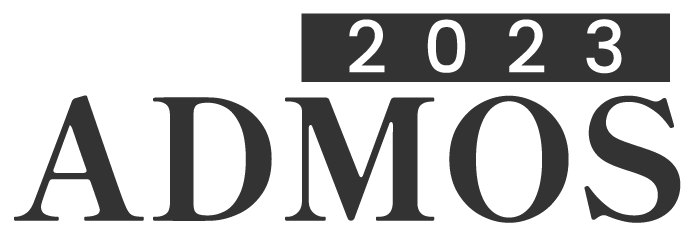

Moving mesh methods for implicit moving boundary problems
Please login to view abstract download link
Numerical algorithms for implicit moving boundary problems require the ability to predict both the evolution of the boundary and the dynamics of the solution in the interior. When these dynamics are governed by partial differential equations they are typically simulated on a computational mesh, so fixed-mesh algorithms must be adjusted to allow for a time-dependent computational domain. In this work we choose to define an initial mesh which conforms to the original domain boundary and then move the mesh in a manner which allows it to follow the boundary as it evolves. This approach involves no change in mesh topology and has the potential to work extremely well in situations where the computational domain does not become highly distorted. In particular, we will consider a velocity-based moving mesh framework, originally presented as a finite element method on unstructured triangular meshes and more recently extended to polygonal meshes using the virtual element method. I will outline recent developments of these methods, including: extension to the discontinuous Galerkin framework (to improve robustness for hyperbolic problems); simulation on arbitrary polygonal meshes (for additional flexibility); generalisation to arbitrary orders of accuracy (to efficiently provide very accurate approximations). Numerical results will be presented to demonstrate the effectiveness of these methods for a range of linear and nonlinear problems involving implicit moving boundaries.

